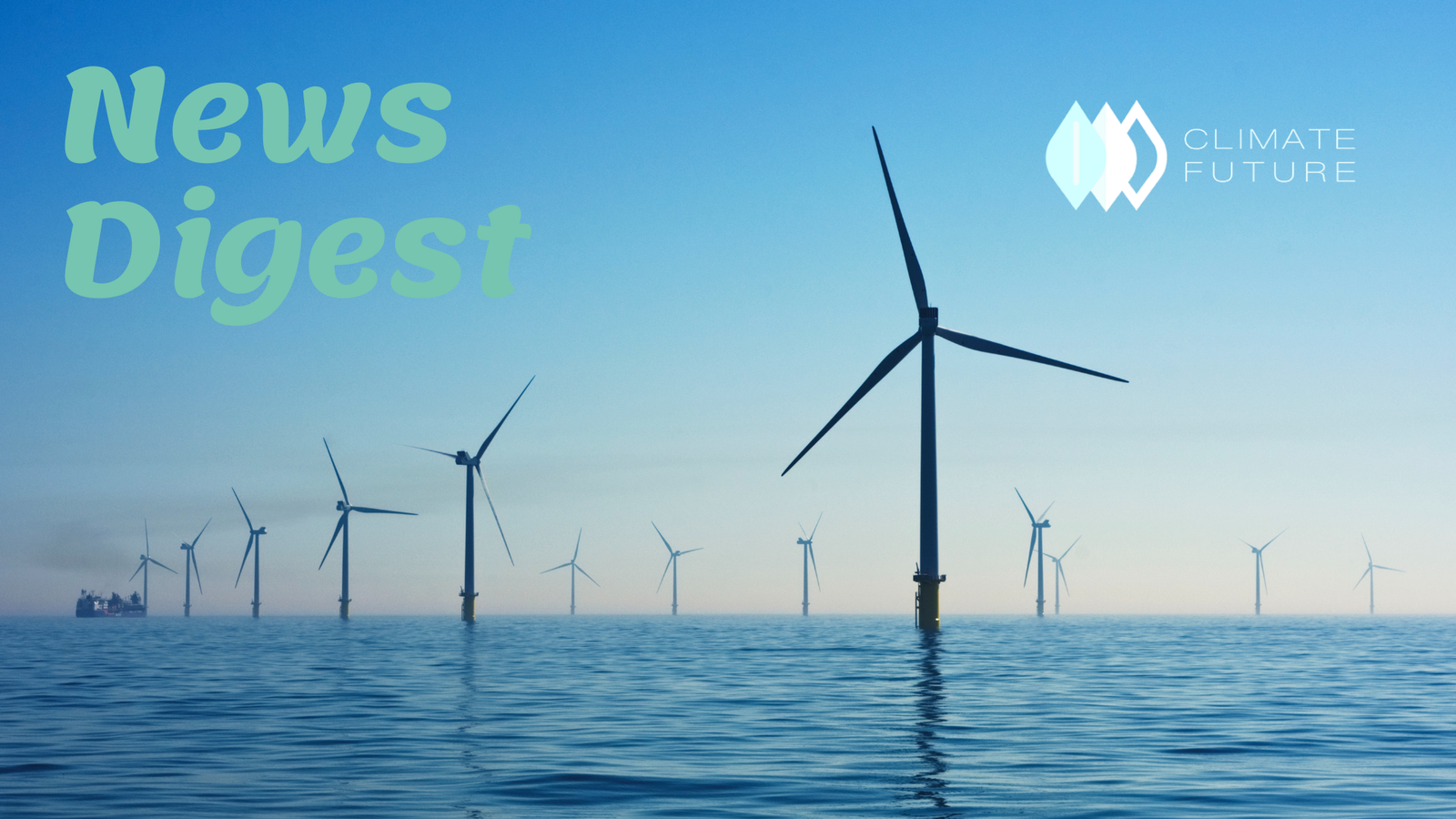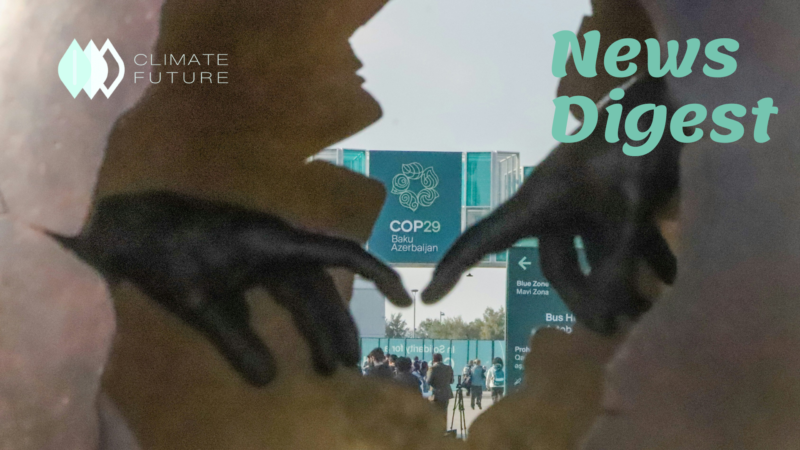Climate change made South Asian heatwave 30 times more likely
The report found out that global warming will make a new record for temperature changes in India and Pakistan more frequently. Temperatures started to rise earlier than usual in March by breaking records and claiming at least 90 lives. To measure the role of climate change in the extreme heatwave, a global research team from the World Weather Attribution (WWA) initiative utilized the average daily maximum temperatures across southeastern Pakistan and northwestern India between March and April to monitor the heatwave. The team found out that climate change raises the possibility of the heatwave occurring every 100 years. Intense heat waves will be more common when global warming continues. The extreme heat is specifically devastating to people who work outside such as street vendors, construction workers and farmers.
‘Think resilience’ to protect against climate and other catastrophes
During the 2022 Global Platform for Disaster Risk Reduction in Bali, Indonesia, delegates from some 184 countries gathered and reviewed the efforts to protect communities against the rise of climate hazards and other catastrophes around the world. The summit concluded with an outcome called the Bali Agenda for Resilience with the aim to stop the world from experiencing 1.5 disasters a day by 2030 as described in the Global Assessment Report. It is found out that only 95 countries have early warning systems for multi-hazard provided by governments, agencies and the general public. In Africa, Small Island Developing Countries and Least Developed Countries were particularly low. Early warning systems are crucial to defense disasters such as droughts, floods and volcanic eruptions. The main recommendation of the Bali Agenda is to practice a “Think Resilience” approach to all decision making, investments and disaster risk reduction methods with the whole society and government.
Climate change threatening access to water and sanitation
The spokesperson for the UN Economic Commission for Europe (UNECE) said climate change is threatening serious challenges to water and sanitation systems in different countries around the world. According to the WHO/Europe and UNECE, the plans to make accessible water are absent in the pan-European region despite it being aligned as a priority with the Paris Climate Agreement. In most cases within the region of 56 countries, coordination is needed for drinking water, health and sanitation. It is estimated that over one third of the European Union will be under high water stress by the 2070s and additional people will suffer that effect. Each 1°C increase globally caused by global warming is expected to reduce 20% of renewable water resources with an additional effect on 7% of the population. Apart from water management adaptation initiatives in many National Action Programmes (NAPs) and Nationally Determined Contributions (NDCs) under the Paris Agreement, methods for integrating water and climate and governance mechanisms are absent. The UNECE and WHO/Europe are the main players for stepping up measures under the Protocol on Water and Health due to the lack of adequate governance mechanisms.
Do more for environment or risk planet becoming ‘human sacrifice zone’: UN experts
UN Special Rapporteur on toxics and human rights said that the international environmental law. The experts believed that when human rights are put at the center of environmental action, there will be positive implications for clean water, air quality, sustainably produced food and healthy soil. A rights-based approach would be helpful for climate change, green energy, biodiversity and the protection of indigenous people’s rights as well. In a landmark resolution in October 2021, the Human Rights Council in Geneva recognized the human right to clean, healthy and sustainable environment for the first time. The resolution culminated the decades of efforts from indigenous peoples, national human rights institutions, civil society organizations and youth groups.
‘Lifeline’ of renewable energy can steer world out of climate crisis: UN chief
The State of the Climate 2021 describes the extreme weather with everyday climate change effects with extreme shocks for food and water security and a huge pressure on human lives. That caused the economic loss in the hundreds of billions of dollars last year. It can clearly be seen that human activity is the main cause of harm on a planetary scale to the ocean, land and atmosphere. The past seven years have been the warmest record in history with global temperature reaching about over 1.1°C pre-industrial levels in 2021. By highlighting renewable energy technologies such as solar and wind that are available and cheaper than coal and other fossil fuels in most cases, the UN chief proposed five crucial actions to jump-start the energy transition which was named as the “peace project of the 21st century”. These five actions are as follows:
1. Treating renewable energy technologies as essential global public goods
2. Secure, scale up and diversify the supply components and raw materials for renewable energy technologies.
3. Build frameworks and reform fossil fuel bureaucracies
4. Shift subsidies away from fossil fuels
5. Private and public investments in renewable energy must triple



